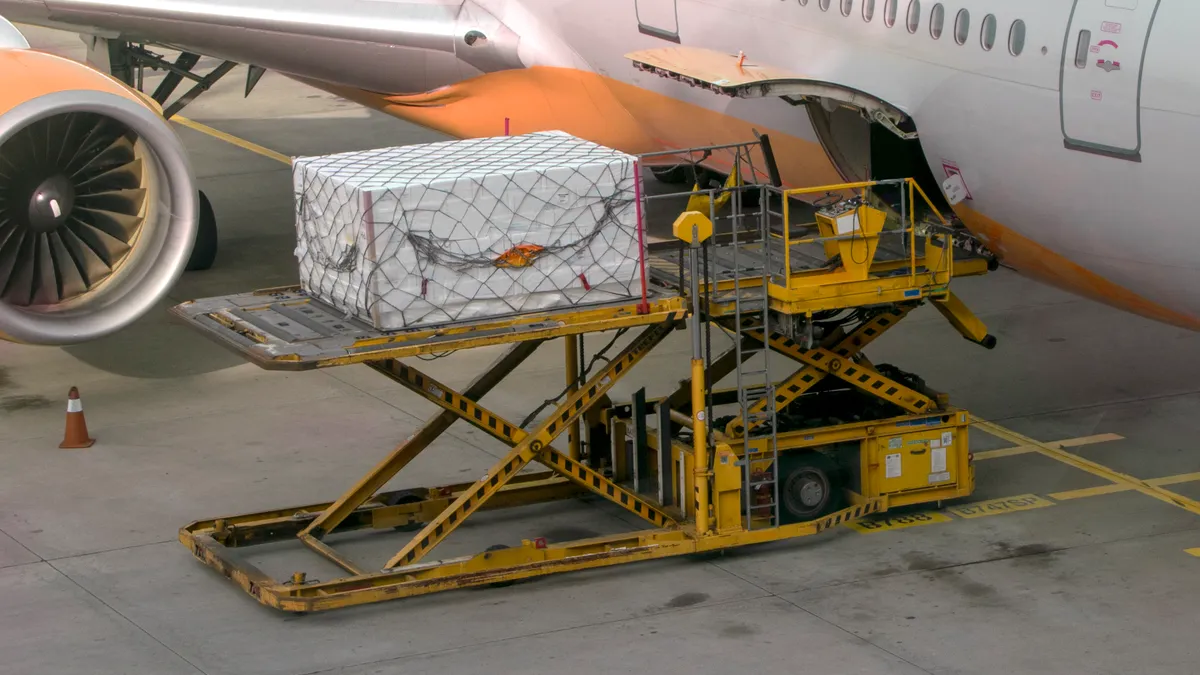Seko Logistics has voluntarily dismissed its case against the U.S. over its temporary suspension from an import program for "de minimis" shipments, according to a filing Tuesday in the U.S. Court of International Trade.
The notice of dismissal did not elaborate on the decision by Seko, which moves more than 14 million parcels every month and serves e-commerce brands like Shein.
The action ends a months-long legal spat between Seko and U.S. Customs and Border Protection.
In May, CBP announced it had suspended several customs brokers from participating in its Entry Type 86 program due to compliance risks, part of its enforcement push to limit contraband from entering the U.S. through low-cost packages. Entry Type 86 streamlines the entry process for "de minimis" shipments — or goods less than $800 entering the U.S. tax and duty free — while increasing CBP's visibility regarding those shipments.
Seko confirmed in court filings that it was among those suspended from the program — in addition to the Customs-Trade Partnership Against Terrorism — after alleged filing violations.
Shortly after, CBP conditionally reinstated Seko into both programs until Aug. 29, allowing the company to operate as it normally would. In a July 1 motion to dismiss the case, the U.S. said Seko must meet certain compliance conditions to remain eligible to participate in the programs after that date. Those conditions included the "development and implementation of an updated action plan" demonstrating that Seko can comply with program requirements.
Seko aimed to receive full reinstatement and a detailed audit specifying what violations actually occurred. The company eventually received a letter from CBP providing more specifics, per a filing last month. The June 11 letter primarily identified "seizures of contraband and vague commodity descriptions as the sources of the alleged violations, while the agency also cites one case of an alleged value-limit violation," Seko said.
Seko said it submitted a remedial action plan for CBP to review and approve on July 24, but the agency denied the plan. In an Aug. 22 filing, the company claimed it "continues daily to suffer the irreparable financial and reputational harm" stemming from its program suspensions.
Editor's note: This story was first published in our Logistics Weekly newsletter. Sign up here.















